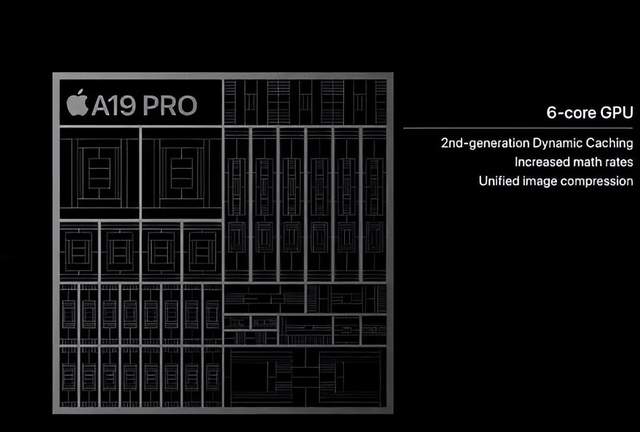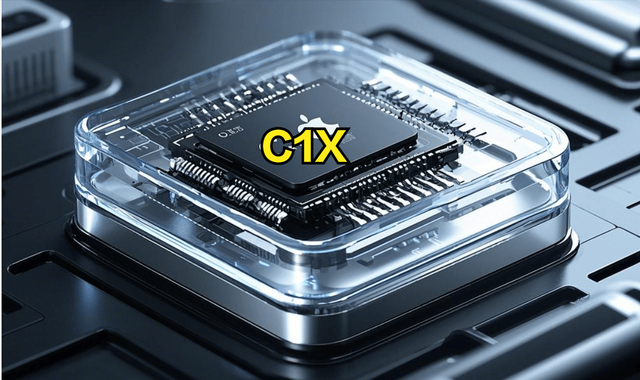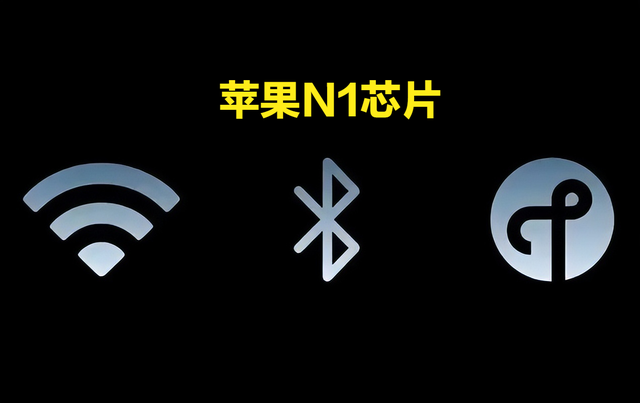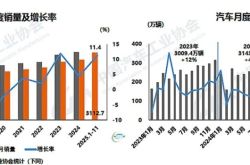At Product Launch, Apple Unveils 4 Chips, Showcasing Cook's Boundless Ambition
![]() 09/10 2025
09/10 2025
![]() 460
460
Apple's product launches are events that captivate global attention.
While many eyes are fixed on the iPhone 17, some are also keeping a keen watch on Apple's core chips. At this launch event, Apple took the stage and unveiled four chips simultaneously. Frankly speaking, with the reveal of these four chips, Apple's ambition can no longer be hidden; it's laid bare for all to see.

We're not going to delve into the phones here; the entire buzz revolves around the iPhone 17 series. Instead, I'll focus solely on the four chips that Apple unveiled at this product launch.
These four chips are the A19, A19 Pro, C1X, and N1.
Let's kick things off with the A19, the chip that powers the iPhone 17 and iPhone 17 Air. It leverages TSMC's second - generation 3nm process. It comes equipped with a 6 - core CPU (comprising 2 performance cores and 4 efficiency cores), a 5 - core GPU, and a 16 - core NPU (for AI). In terms of performance, it is 20% faster than the A18 and a whopping 200% faster than the A15. Moreover, it supports a 120Hz high refresh rate.
When it comes to CPU and GPU performance, this chip stands at the pinnacle of the industry.

On the other hand, the A19 Pro is the Pro variant of the A19. It also adopts a 3nm process and features a 6 - core CPU, but with a different core configuration of (4 performance cores + 2 efficiency cores), a 6 - core GPU, and a 16 - core NPU. When compared to the A19, it's evident that it boasts stronger CPU and GPU performance.
Additionally, it shines in the realm of AI large models. The GPU integrates a neural network accelerator that enables local operation of large models with 7 billion parameters. This chip is used in the two Pro models, following the pattern established in previous years.

The A19 and A19 Pro chips might not come as a huge shock to everyone, as similar chips have been announced at previous phone launches. However, the next two chips are truly unique.
One of them is the C1X, a baseband chip that serves as an upgraded version of the C1 previously used in the iPhone 16e.
According to reports, it is twice as fast as the C1 and even outpaces the Qualcomm baseband chip used in the iPhone 16 Pro, all while reducing energy consumption by 30%. It is the most energy - efficient modem ever employed in an iPhone and is exclusively for the iPhone Air.
It's reasonable to anticipate that Apple's self - developed baseband chips will soon take the place of Qualcomm's baseband chips.

The other is the N1, a wireless network chip. In the past, Apple relied on Broadcom's chip for this function, but this time it has made the switch to its own self - developed chip. This chip supports the latest wireless technologies, including Wi - Fi 7, Bluetooth 6, and Thread.
It also significantly enhances the performance and reliability of personal hotspots and AirDrop. It is already in use across all iPhone 17 models, directly replacing Broadcom's chip.

These four chips clearly reveal Apple's grand ambition: to self - develop all the core computing chips in its phones, as well as the network - related baseband and wireless chips. Apple is determined not to let these crucial chips be controlled by others.
It's estimated that Qualcomm, Broadcom, and other similar companies will face significant pressure. Losing such a major customer as Apple will undoubtedly have a substantial impact on their revenues.





